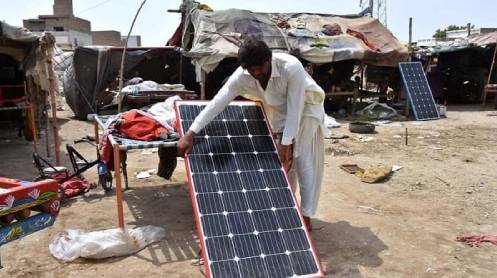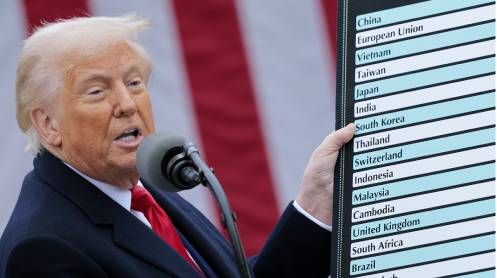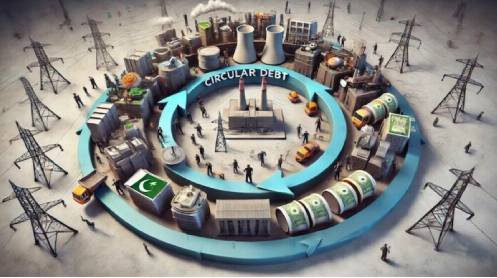ISLAMABAD: The Power Division informed the visiting IMF mission that electric power consumers pay an annual Rs800 billion in taxes through electricity bills, leading to an Rs8 per unit increase. Removing these taxes could reduce the tariff by Rs8 per unit. Consumers also pay electricity duty, PTV fees, and surcharges.
Officials suggested reducing the taxation burden by Rs100-200 billion annually, providing relief of Rs1-2 per unit. However, the 17% General Sales Tax (GST), contributing Rs600 billion to government revenue, cannot be removed. Other taxes, totaling Rs100-200 billion, could be eliminated.
Prime Minister Shehbaz Sharif was made aware of the heavy taxation on electric power consumers and its impact on tariffs. The Power Division emphasized the need for a sustainable, reliable, and affordable power sector, considering options to reduce electricity costs.
Power consumers currently pay multiple taxes and fees, including Electricity Duty (1-1.5% of Variable Charges), 17% GST, PTV license fees (Rs35 for domestic, Rs60 for commercial), and various surcharges and taxes based on consumption and registration status.
The Power Division proposed converting power plants from imported to local Thar coal to improve efficiency and reduce tariffs. They also highlighted the addition of 1938 MW to the system through rooftop solar under net metering, resulting in a revenue loss of Rs100 billion and a tariff increase of Rs1.90 per unit for non-solar consumers.
The government plans to replace the net metering system with gross metering, reducing the tariff to Rs7.5-11 per unit from Rs21. Solar consumers would buy electricity from the national grid at Rs60 per unit during peak hours. This change aims to address the cost impact on the national grid and reduce storage costs for solar consumers.
Under gross metering, consumers are compensated for the total solar energy generated and exported to the grid, measured by a unidirectional gross meter, while paying retail supply tariffs for grid consumption.
Story by Khalid Mustafa





